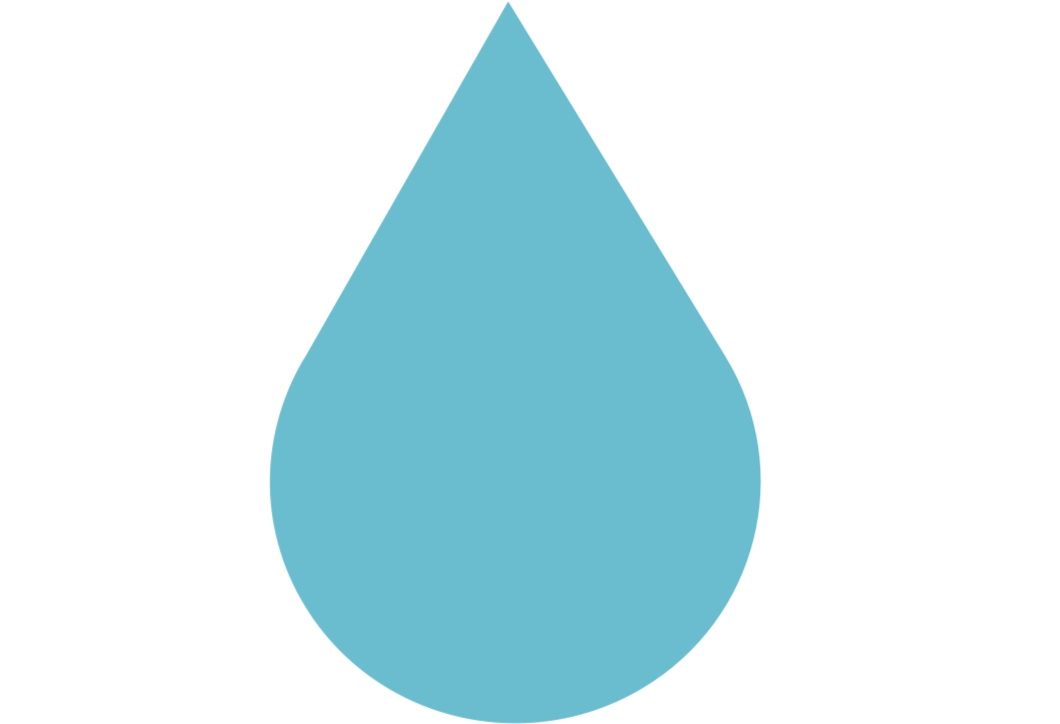Sometime in my 40s, I moved to a lovely but small Jewish community. Within the first year that I was there, I was asked to be a mikvah attendant. The request was humbling, and I resisted at first, not feeling “holy” enough for the task. But my service was needed, and with the encouragement and blessing of my mentor, I started my journey as a “mikvah lady.”
I resisted at first, not feeling “holy” enough for the task.
A married woman typically goes to the mikvah each month after a brief physical separation from her husband during and after her menstruation. Mikvah transforms a woman’s physical status from “unavailable” to “available” so that she can again be physically intimate with her husband. Through the mitzvah of mikvah, a woman brings G‑d into her marriage, and infuses her relationship and home with strength and holiness.
The mitzvah of mikvah is performed with the help of an attendant who confirms that a woman’s entire body is submerged in the waters during her immersion. Mikvah attendants take special care to be dignified, respectful and attentive to the women they assist.
Many mikvahs are beautiful and spa-like, with mikvah pools adjoining preparation rooms that a woman can use to cleanse herself and relax before her immersion. Often, mikvah attendants help maintain these rooms.
Before I attend to a woman at the mikvah, I check the prep room to make sure it has all the necessary supplies, lovingly folding towels in the neatest, fluffiest and most elegant way I know. I clear my mind, centering myself in preparation to assist with another immersion.
I’ve struggled with body dysmorphia my whole life, having spent inordinate amounts of time focused on my body through a warped lens, at my darkest moments fending off waves of self-hate and loathing. I believe that like me, many women struggle with body dysmorphia. Our self-perception is based on life experience but also informed by persistent images of so-called beauty in the media. We’re bombarded with images of ageless women, carefully staged and airbrushed. Even women with the healthiest self-esteem understand what I’m talking about.
I’ve struggled with body dysmorphia my whole life. We’re bombarded with images of ageless airbrushed women.
My automatic compulsion to compare myself to these images has not helped to fix my self-perception. I’ve worked on it with therapists, in programs for food addiction, with positive self-talk and mindfulness. And I’ve come a long way. But shades of body dysmorphia persist, coloring my best efforts at self-acceptance, and there are few times I feel really free of it.
Just as a woman prepares herself carefully to immerse in a mikvah, I, too, prepare myself. I consciously clear my mind, stepping into a place that is completely outside of “me,” careful that my own biases don’t color my clear-cut obligation to watch a woman fully immerse, careful to bring dignity, neutrality and respect to each immersion.
When I’m an attendant, all I see is the shape of a Jewish woman beneath the surface of clear, chlorinated water, and I confirm that all of her is immersed with not a strand of hair above the surface. I look beyond the shape of the woman’s body, making sure that no part of her touches the walls of the mikvah. As I declare each immersion “kosher,” I free a part of myself as well.
Over time, in my experience as a mikvah lady, I’ve seen hazy outlines of many different women. Some are larger or smaller. Older or younger. Some bodies bear the brave battle scars of illness or age.
After each immersion, I feel love and tenderness well up. Each time I gain a better understanding of what real physical beauty is.
After each immersion, I feel love and tenderness well up inside me for this precious Jewish woman in front of me. I understand that the body of a Jewish woman is precious to G‑d in all of its manifestations and forms, her beauty sanctified and expressed in the purifying waters of the mikvah. Each time, I gain a better understanding of what real physical beauty is, and that ultimately, beauty is in the eye of the Beholder, the One who commands us to perform the holy mitzvah of mikvah.
As I clean up after each immersion, clearing away paper slippers and laundry, swiffering the floor a final time to ensure that not even a strand of hair is left for the next attendee, I feel lightness and acceptance. I’m grateful for the transformative mitzvah of mikvah, and I feel at peace, comfortable in the skin of a beautiful Jewish woman.
By Rivka Chaya Rowan, TheJewishWoman.org

